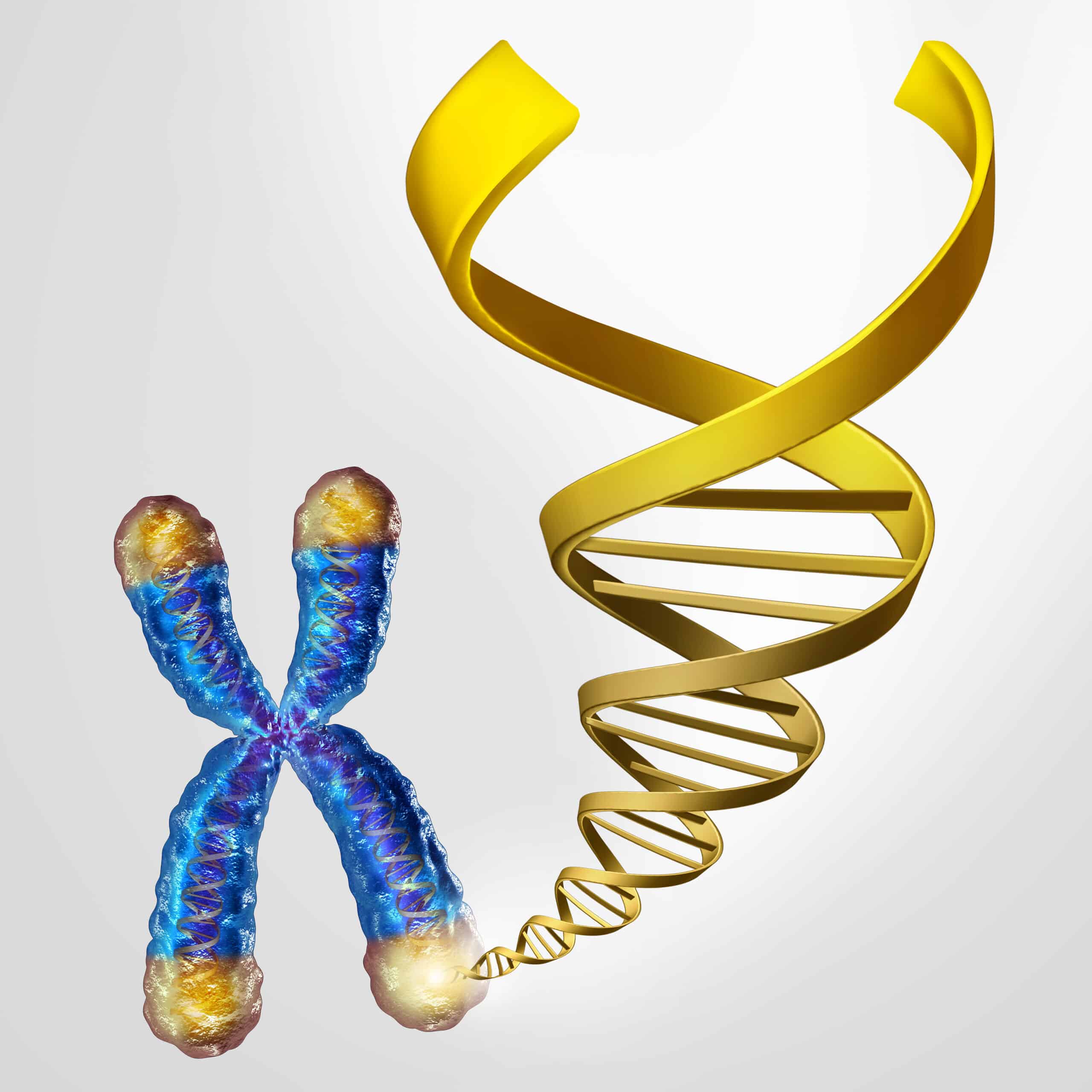Clinical psychologist Kristoffer Mansson of the Karolinska Institute led this study published in Translational Psychiatry which showed that cognitive behavioral therapy techniques not only helped to decrease anxiety levels in those with social anxiety disorder but it also helped to improve cellular aging markers in some patients; this finding could help clinicians to personalize treatments.
Protective telomere end caps on DNA sequences shorten and indicate cellular age, the enzyme telomerase helps to maintain them to a certain extent but eventually they shorten to a point where the cells can no longer divide which is when the signs of aging begin to appear. Additionally telomeres also shorten with cellular damage caused by free radicals.
Stress has been linked with shorter telomeres in several studies, and those with an active anxiety disorder were found to have had shorter telomeres than those in remission or healthy controls in a study from the Amsterdam University Medical Center led by clinical psychologist Josine Verhoeven.
This study took two blood samples from 46 patients with social anxiety disorder nine weeks apart to measure telomere length along with levels of telomerase and glutathione peroxidase. Patients also received nine weeks of online cognitive behavioral therapy and then gave another sample for testing.
Measures remained largely unchanged in the samples taken before therapy, but afterwards on average the patients had increased levels of GPx. Those whose anxiety levels benefited the most from treatment also had an increase in telomerase, although activity averaged over all of the patients didn’t change. The research suggests that there were even indications that telomerase activity could predict treatment response.
“The people with the lowest telomerase had greater improvements,” says Verhoeven, who was not involved in the study. “This needs to be replicated, but it’s an interesting lead for future research.”
Mansson says that a longer study might show changes to telomeres themselves, but suggests this study indicates purely behavioral changes can affect health at a cellular level. “Our biology is remarkably dynamic,” Månsson says. “And it seems to respond quite quickly, over just weeks, with a behavioral intervention.”
“Psychiatry is very divided between the psychological and biological,” Verhoeven says. “This paper connects those fields.” These results could also help relieve the stigma of mental illness, she adds: “It’s not something that’s only in your head—it’s also in your body.”




